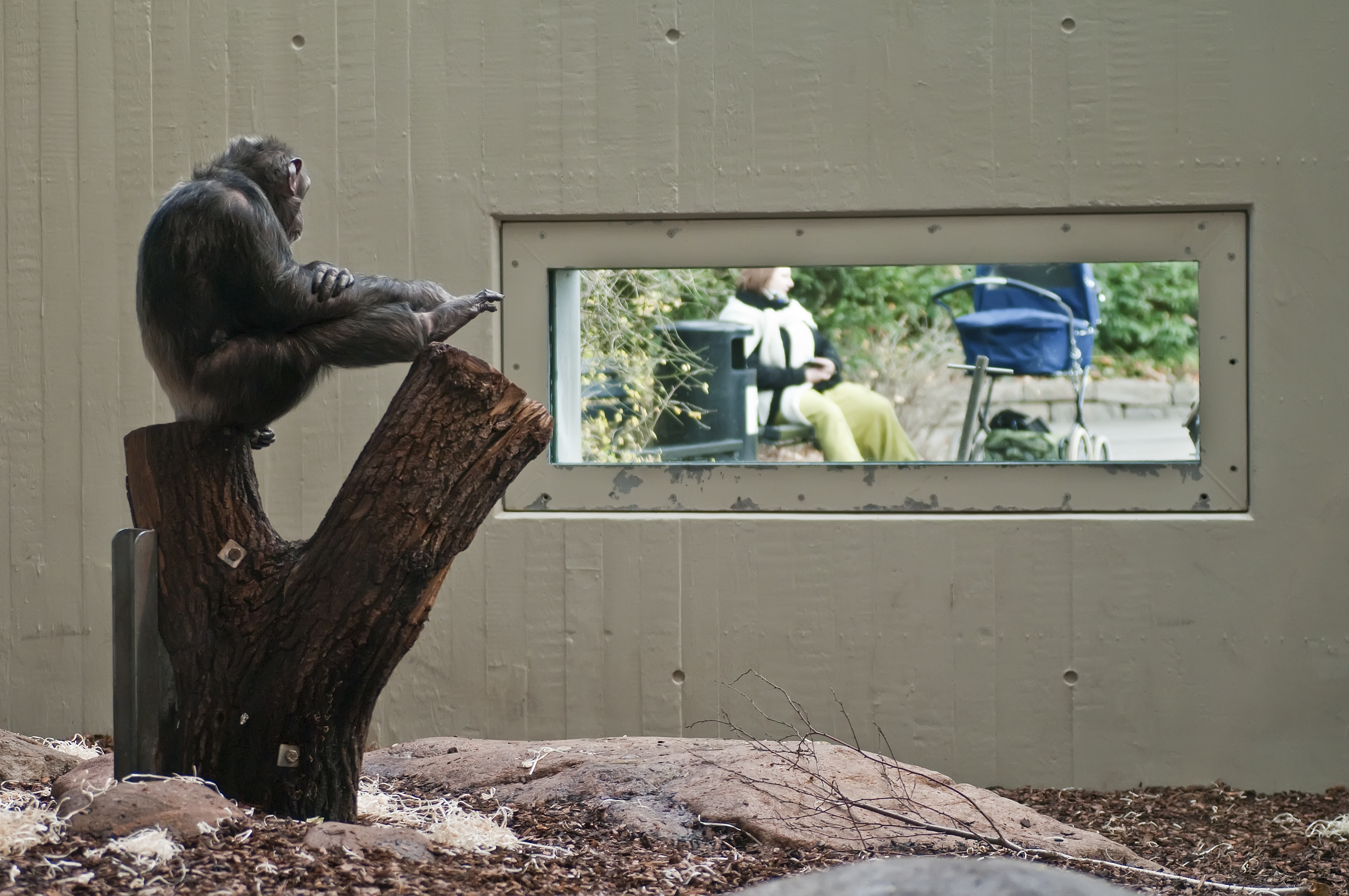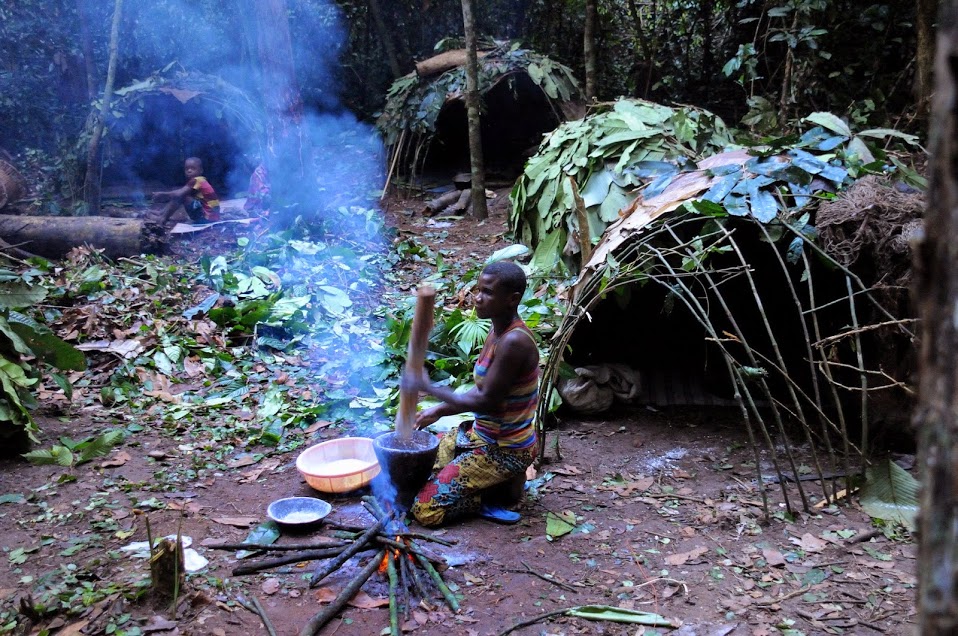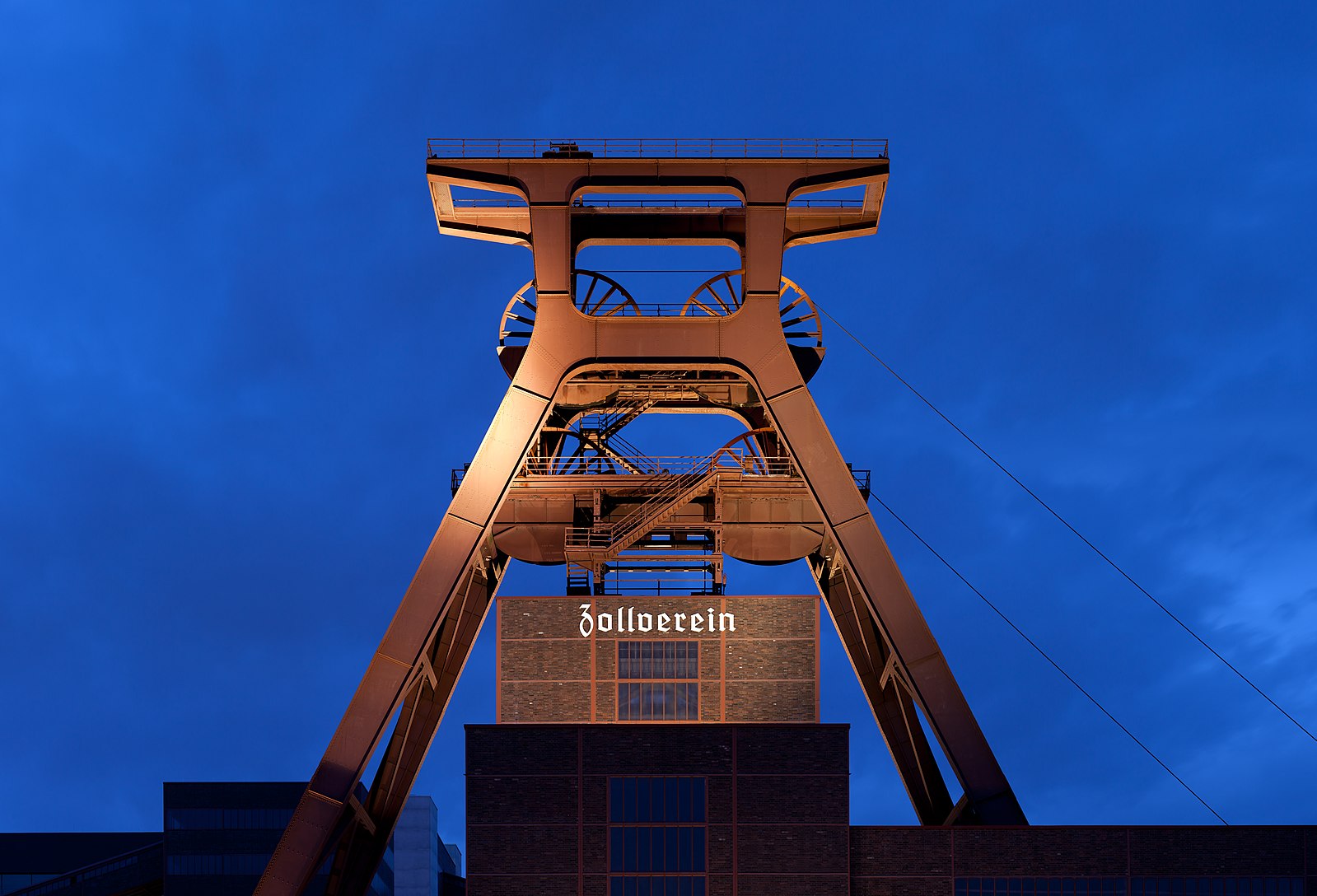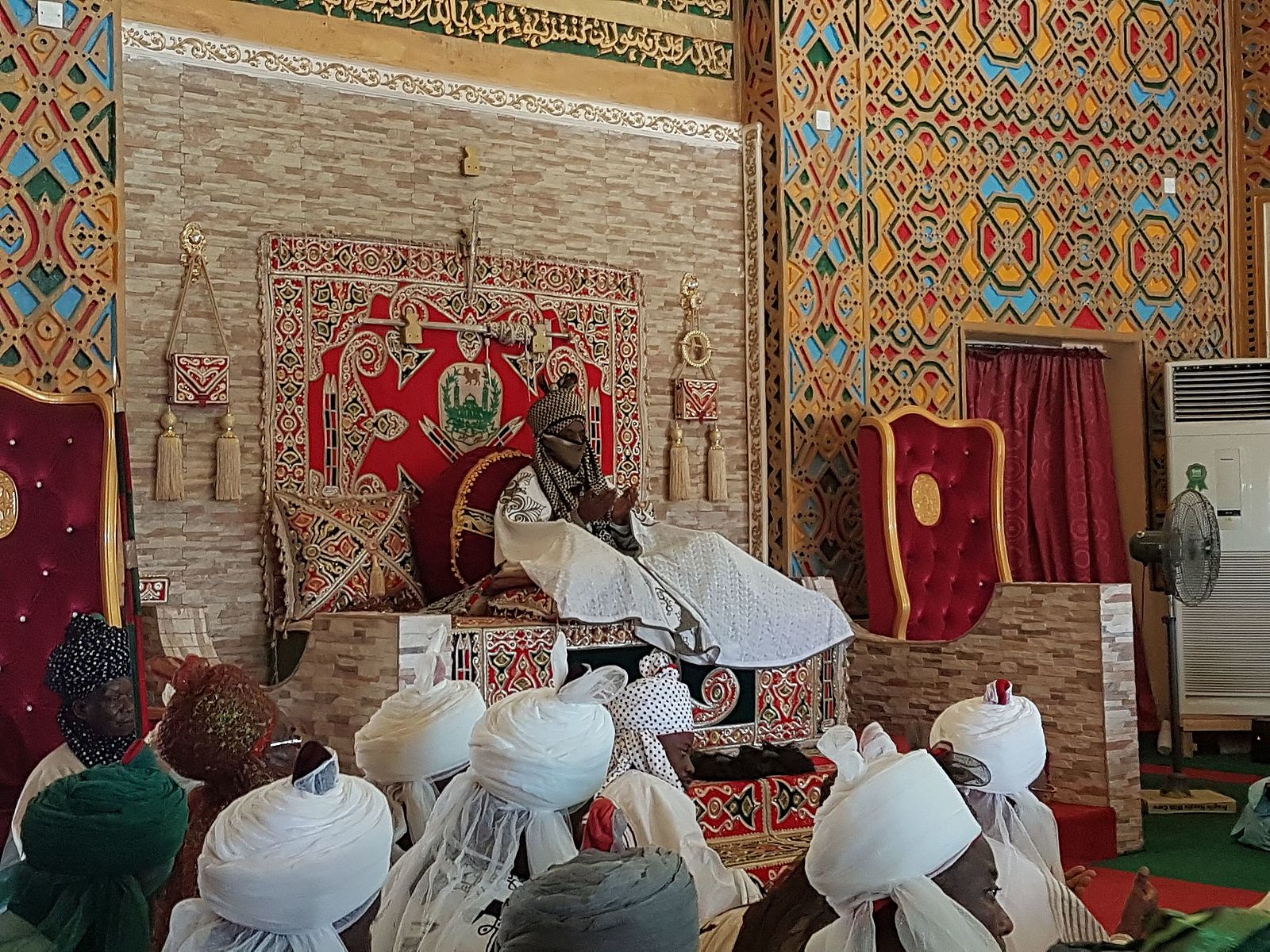I'd say for the first time in history, we have an answer to that question. We understand a little bit about how it is that humans diverged from our last common ancestor with chimps about 4 to 7 million years ago, and what it was that made our species so different from other animals. The answer to that question is that we discovered a new source of information to guide our behavior that untethered us from mere genes, or just what information we could acquire in our lifetimes.
What makes us human ?
Professor of Economic Psychology
- What makes humans so different from other animals, whose behavior is largely determined by genes and trial and error, is that we have a third source of information that we get from our societies: culture. We outsourced our cognition to a collective brain.
- Genes handle stable environments, demonstrated by latitude-correlated skin pigmentation to balance vitamin D synthesis and UV protection. Cultural fixes like sunscreen or vitamin D supplements address mismatches when people live far from their ancestral conditions.
- Energy is an underappreciated force of the modern world, which, paired with technology, has multiplied human output since the Industrial Revolution while extending longevity and scales of cooperation.
- Evolution is not a teleological march toward progress. It is an ongoing process where societies run many experiments, some that raise cooperation and some that undermine it.
Why humans differ
One of the enduring questions for humanity is what makes humans so different from other animals. We're clearly like other animals in many ways. We eat, we poop, we mate, we fight, we make more of ourselves and so on, but in other ways we're very, very different. I'm sitting here in a multi-story building in a very large city, one of many cities around the planet. I am talking to you through a video with this amazing technology, while our closest relatives, chimpanzees, to quote the psychologist Bennett Galef, just kind of sit there naked in the rain. How is it that we ended up on a very, very different evolutionary trajectory?

© Alessandro Zocc via Shutterstock
Human software
Most animals’ behavior is determined by instincts, by genes that they acquire from their parents and also through reinforcement learning, trial and error: where the food is, where the predators are so you can avoid them, where the prey is so you can go and hunt it.

© J.M Gracia via Wikimedia
There is some amount of individual learning. Humans have a third source of information or a second source of inheritance that we get from our societies. That's what we call in my field culture. It is the beliefs, the values, ways of thinking, technologies and institutions. It's effectively software that runs on our minds. What makes humans so different from other animals is that we're not just reliant on genetic hardware; we are also able to think beyond our lifetime of experience through accumulated software.
Cultural evolution
There are many examples of this and many signatures in our physiology that reveal the importance of culture. Let me start with one of those. Compared to other great apes, we're rather weak, actually. We also have very weak jaws, and we have very short guts and giant brains. Brain tissue is about 20 times as energetically expensive, so it requires about 20 times as many calories relative to muscle tissue. What most animals do because of that is they focus on brawn; they focus on bigger muscles to be faster, to chase down that prey or outrun predators. We focus on brains. In order to do that, we had to discover fire. We had to learn to cook food.

© Gorodenkoff via Shutterstock
The interesting thing is that if I were to ask you to light a fire and nobody showed you how to do that, you'd actually have a hard time. The ability to make fire and the ability to cook are not in our genome, and they're not discovered every generation through trial and error. Instead, they're passed down culturally.
What's fascinating is the process by which that occurs, because it isn't a process of intelligent design; it's a process of cultural evolution, variation, people trying all kinds of different things. Transmission, as we acquire things from the previous generation, often without really understanding; we have very limited causal models of why we brush our teeth or eat three times a day or sleep when we do and so on. Selective transmission – we don't just learn at random. We try to learn from the people who seem the smartest, who seem the most successful or whom other people are learning from. This is what we call cultural evolution.
Adapting to the environment
When the environment is very, very stable, then genes are the best solution to adapt to that environment. If you imagine something like climate, or how much sunlight you should get, human skin color is very well predicted by latitude. The further south you go, the more sunlight you get. Your skin allows you to synthesize vitamin D, but if you get too much UV radiation, then you're at risk of skin cancer. If you get too little, you're at risk of vitamin D deficiency.

© Candy Retriever via Shutterstock
Now, that solution is a genetic solution. It is the amount of melanin in your skin that protects you from too much sun but allows you to absorb the right amount. It's not an individually learned solution. It's not a cultural solution. We have new cultural solutions when there are mismatches. If you are, for example, a light-skinned Australian of European ancestry, you need to put some sunscreen on. You're too far south for your genetics. If you are a dark-skinned European, you should probably be consuming some vitamin D. You're not getting enough sunlight for your genetics. What they showed was that when the environment is very stable, even though it varies by the season, it's relatively stable across latitudes. Genes are a good solution for that.
Our collective brain
If the environment is very unstable – so, it's massively varying: the temperatures are going up, the temperatures are going down within a lifetime – this is very, very difficult for genes to adapt to. Today the water is here, tomorrow it's there.

© Oxfam East Africa via Flickr
Today, you're eating these red berries that you're genetically adapted to eat, but tomorrow you've got to figure out how to eat the blueberries. That's when you get trial-and-error learning.
An example of this would be something like a cyclical drought. Maybe you haven't experienced the cyclical drought, but your parents or your grandparents have. There are lots of examples of this in the anthropological record, where grandma remembers what the tribe did during the drought because she experienced it as a child. They went left to the forest past the mountain, and she led her tribe to safety.
To understand human behavior, you have to understand that we are the product of millions of years of genetic evolution, but also thousands of years of cultural evolution, as societies adapted to different places around the world – and, of course, our short lifetime of experience. If you understand what determines what someone is going to do or what a society is going to do, you have to understand where they're from. You have to understand what their societies had to deal with. That allows you to understand how much they care about their families, how much they adhere to norms and a whole host of other behaviors. That is the secret to what makes humans so different: we outsourced our cognition to a collective brain. We distributed it, and we stored it as software, not as hardware, not needing to be learned. We are smarter than our short lifetimes should suggest.
Energy, our great multiplier
One of the most important forces that has led to the modern world in which we live, and that is often underappreciated, is energy. Everything that humans are capable of doing, we're capable of doing more. It's a great multiplier, together with technology, to have stored sources of energy at our disposal. For this reason, if you look at just about any graph of human progress, any measure you want – child survival rates, lifespan, health, size of polities, the decline of violence – what you'll find is that everything is kind of flat throughout history. All of those things you learn about as being important – the fall of the Roman Empire, the Renaissance, the Enlightenment, the scientific revolution – it's all flat until we hit the Industrial Revolution, and then everything just hockey sticks upward.

© stock-images via Shutterstock
What I would argue is we're still living in the shadow of that moment. What that moment was, was the discovery of stored sunlight, effectively. Peat turned into the black rock that we call coal. Later on, oil and natural gas enabled us to travel across the globe, create factories and produce things at a far more efficient rate, because we're able to multiply human ingenuity in that way. That has led to the modern world. It incentivized us to work together in ever larger groups.
Why societies diverge
If we look across the globe, and if we look across history, we see vast differences in cultural complexity, technological sophistication, levels of cooperation and so on. Some societies are cooperating at the scale of millions or even a billion. Other societies are cooperating largely with family, with their kin. How do we explain these things? I argue that you need at least four forces to try to explain them. I refer to them as laws: energy, innovations in efficiency, cooperation and the processes of evolution.

© Thomas Wolf via Wikimedia
Europe, on the back of energy availability and technologies that could put that energy to work, was able to cooperate at a very large scale and outcompete other societies around the world. Now, why did Europe have that technology? Britain had cheap and available coal, but didn't the Dutch also have cheap and available coal? Maybe the Germans did as well? What else might have been going on? Why didn't the Chinese industrialize? Another part of this is what we call a cooperative brain or a collective brain: people's ability to work with one another to discover new solutions.
Patterns of cooperation
In many places around the world, people are trapped at lower scales of cooperation that really explain corruption. In many places around the world, for example, you have families being very important – Latin America, family is everything. In many places around the world, cousin marriage is very common. People are literally marrying their cousins, which makes your uncle not just your uncle but connected to you more in a family web, which then creates tribes.

© Don Camillo via Wikimedia
These undermine higher scales of cooperation. They undermine states, they undermine governments and so on. Now, in Europe, for historical reasons, the Catholic Church ends up banning cousin marriage and changing the European family. What we refer to as a traditional family isn't really a traditional family. Mom and dad and kids with a few uncles and aunts – that's not what humans mostly did. As I said, we were more like family webs. By breaking it down to these nuclear family units, it allowed for a higher scale of cooperation to flourish in Europe relative to a lot of other places around the world. That meant that when Europe discovered that energy, and it had the technology to put that energy to work, it also had the ability to bypass what normally holds them back in terms of cooperation: people lend favors to friends and family because their governments can't provision for them, and the reason their governments can't provision for them is because there's corruption. People are lending favors to friends and family, cronyism, nepotism and so on. You had less of that in Europe initially, which then enabled, on the back of this, the reward for cooperating, this higher scale to emerge. This problem, by the way, still exists in society today and is an ongoing battle in terms of multiculturalism.
A constant battle
My least favourite graphic image of evolution is the March of Man. You've probably seen it. Basically, it starts off with this primate, and the next image is a primate who's kind of standing up, and onward we go until we get to a fully upright human, maybe with a tool in their hand. It creates this impression that evolution is teleological; it's this kind of pathway that just goes up and up and up, and it's always driven by progress. It's not true. Because of that vision of evolution, people have questions like, if evolution is true, why do chimps exist? That's like saying, if family trees are correct, why do my cousins exist? They operate in different niches. Similarly, people think that the inevitable trajectory for humanity is upward – ever greater scales of cooperation, ever lower levels of violence, ever greater systems that are good for more people. It's not inevitable at all.

© Ografica via Shutterstock
It's an evolutionary process where different societies or even different parts of society are running experiments on how to work together, how to live together and where new technologies are. The winners persist over time. The losers don't. The trouble is that some of the lower scales of cooperation can undermine higher scales. Evolution is a constant battle. Understanding this duality between competition and cooperation, and understanding that it's not this inevitable trajectory upward, and it's certainly not the march of man, is probably one of the biggest misconceptions.
Editor’s note: This article has been faithfully transcribed from the original interview filmed with the author, and carefully edited and proofread. Edit date: 2025
Discover more about
what makes us human
Muthukrishna, M. (2023). A theory of everyone: Who we are, how we got here and where we’re going. Basic Books UK.
Chudek, M., Muthukrishna, M., & Henrich, J. (2015). Cultural evolution. In D. M. Buss (Ed.), The handbook of evolutionary psychology: Integrations (2nd ed., pp. 749–770). Wiley
Muthukrishna, M., & Henrich, J. (2016). Innovation in the collective brain. Philosophical Transactions of the Royal Society B, 371(1690), 20150192.
Muthukrishna, M., Doebeli, M., Chudek, M., et al. (2018). The cultural brain hypothesis: How culture drives brain expansion, sociality and life history. PLOS Computational Biology, 14(11), e1006504
Henrich, J., & Muthukrishna, M. (2021). The origins and psychology of human cooperation. Annual Review of Psychology, 72, 207–240.
Muthukrishna, M., & Schaller, M. (2020). Are collectivistic cultures more prone to rapid transformation? Computational models of cross-cultural differences, social network structure, dynamic social influence, and cultural change. Personality and Social Psychology Review, 24(2), 103–120.